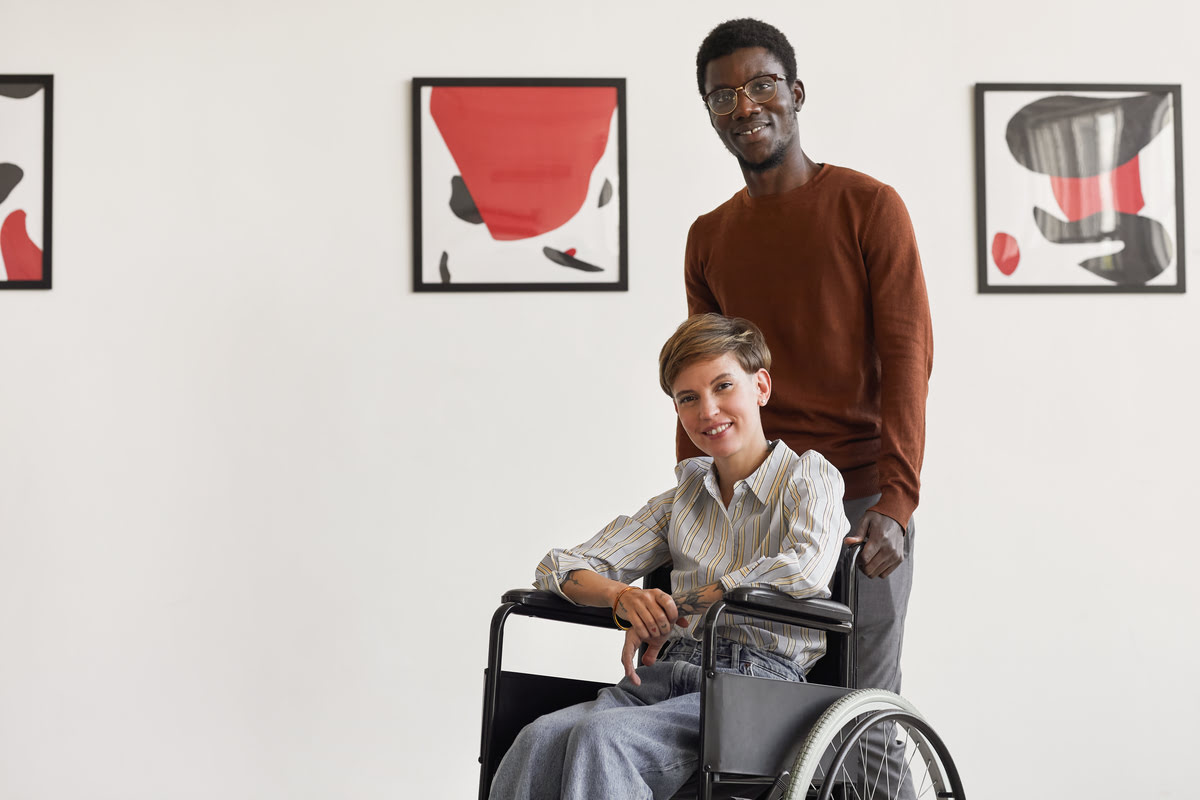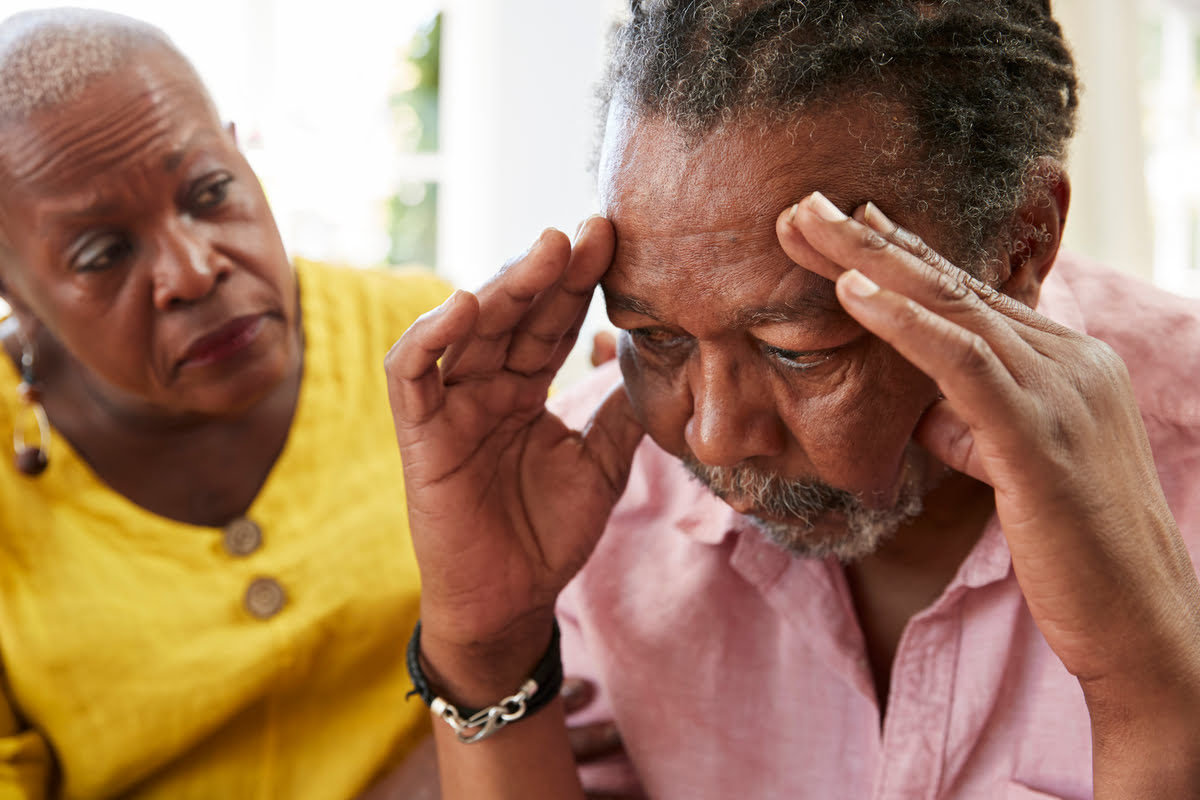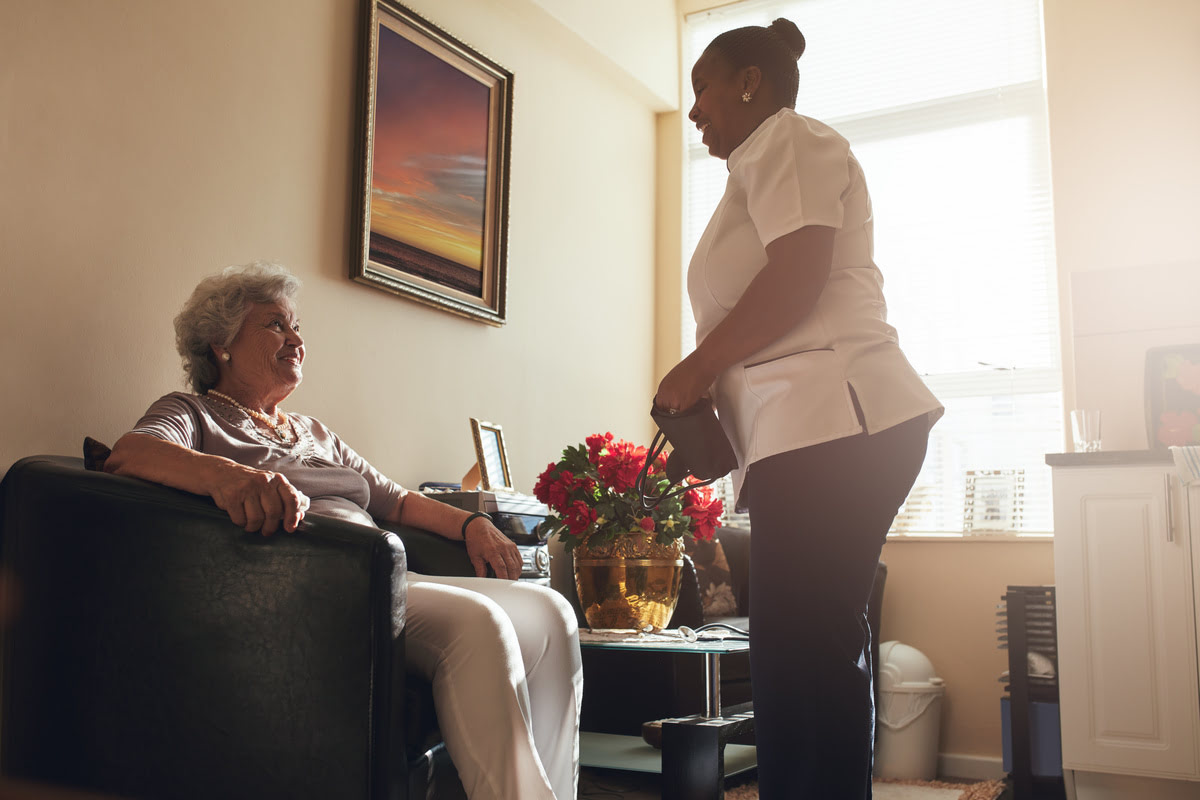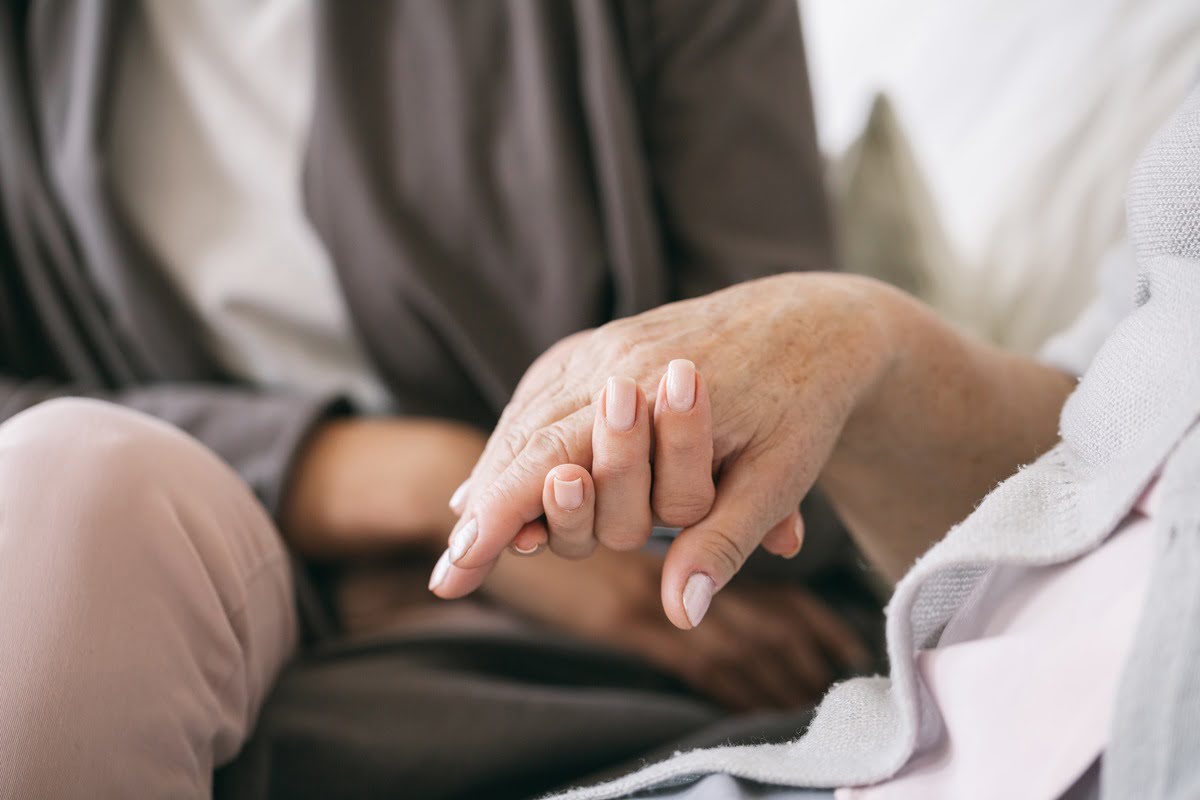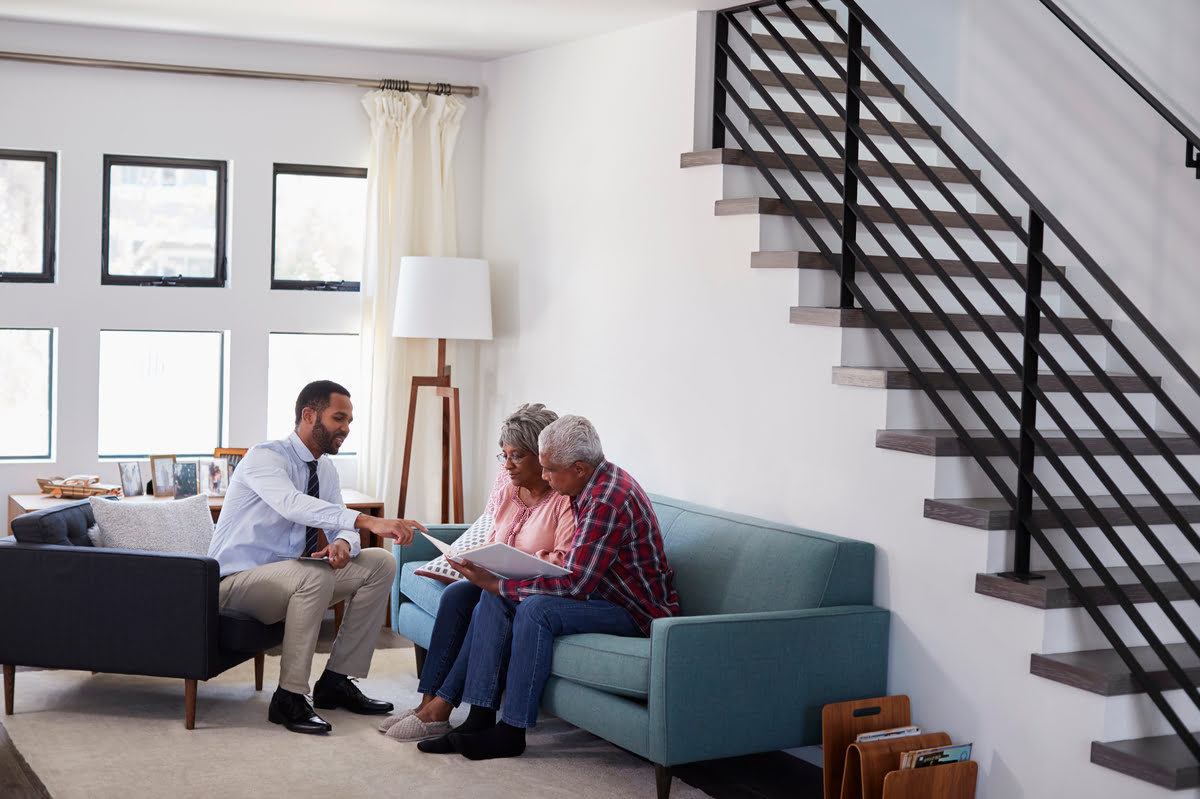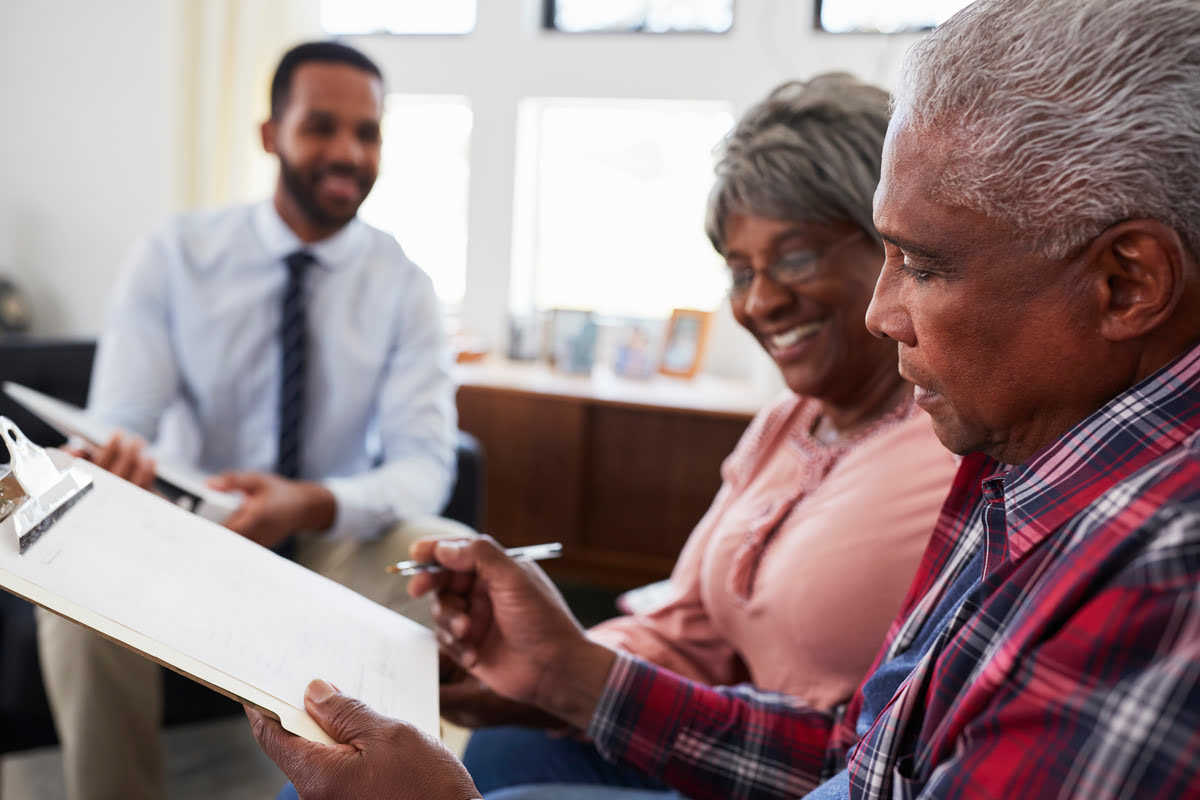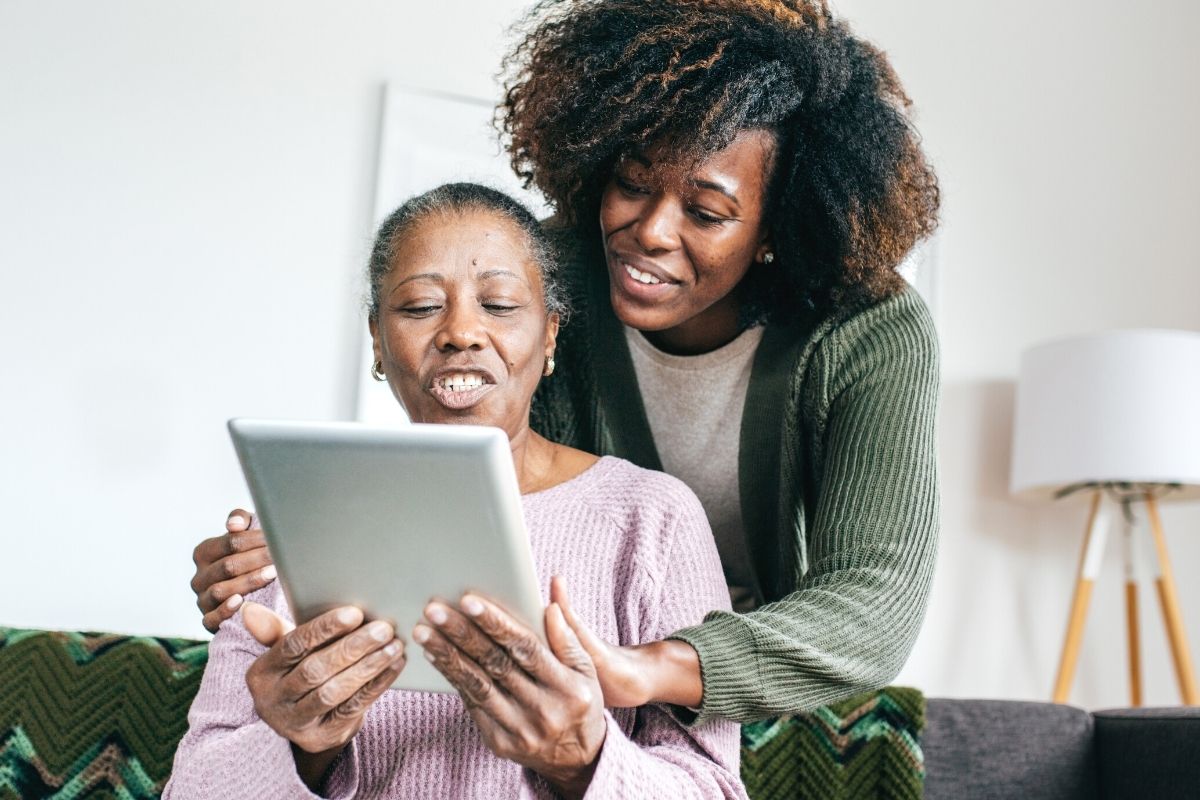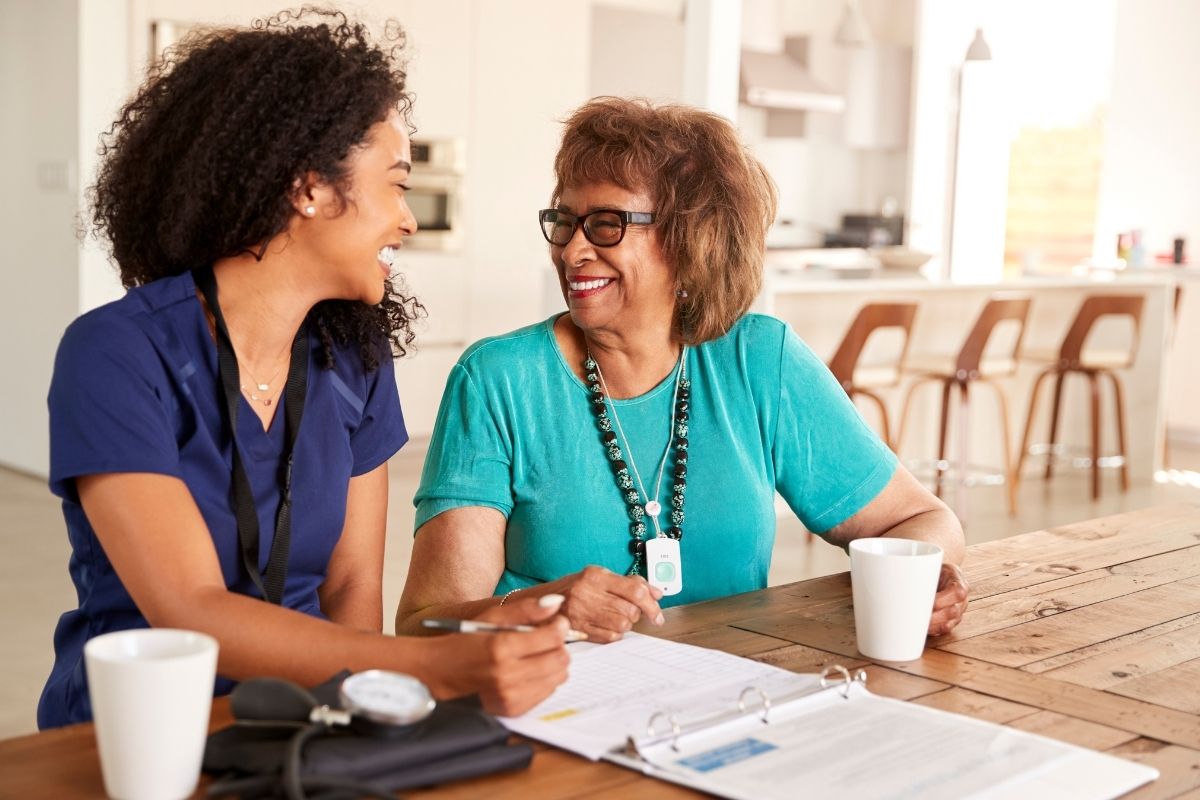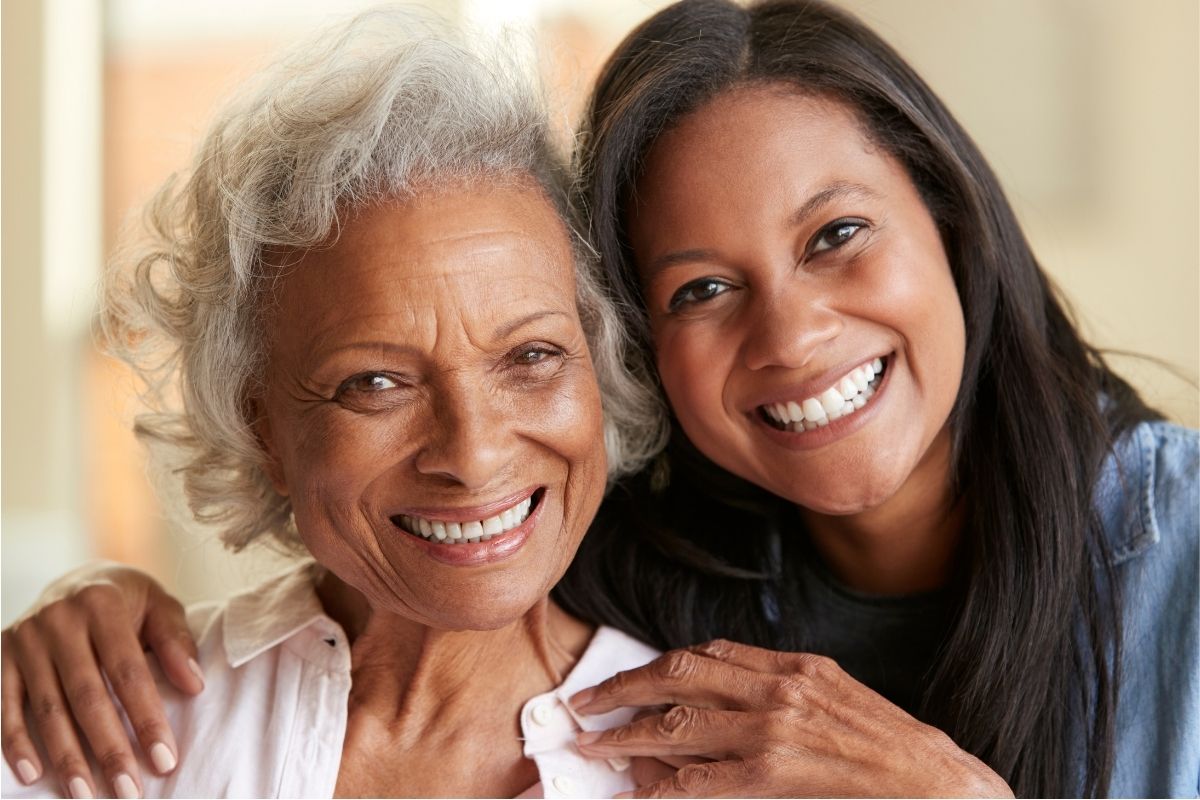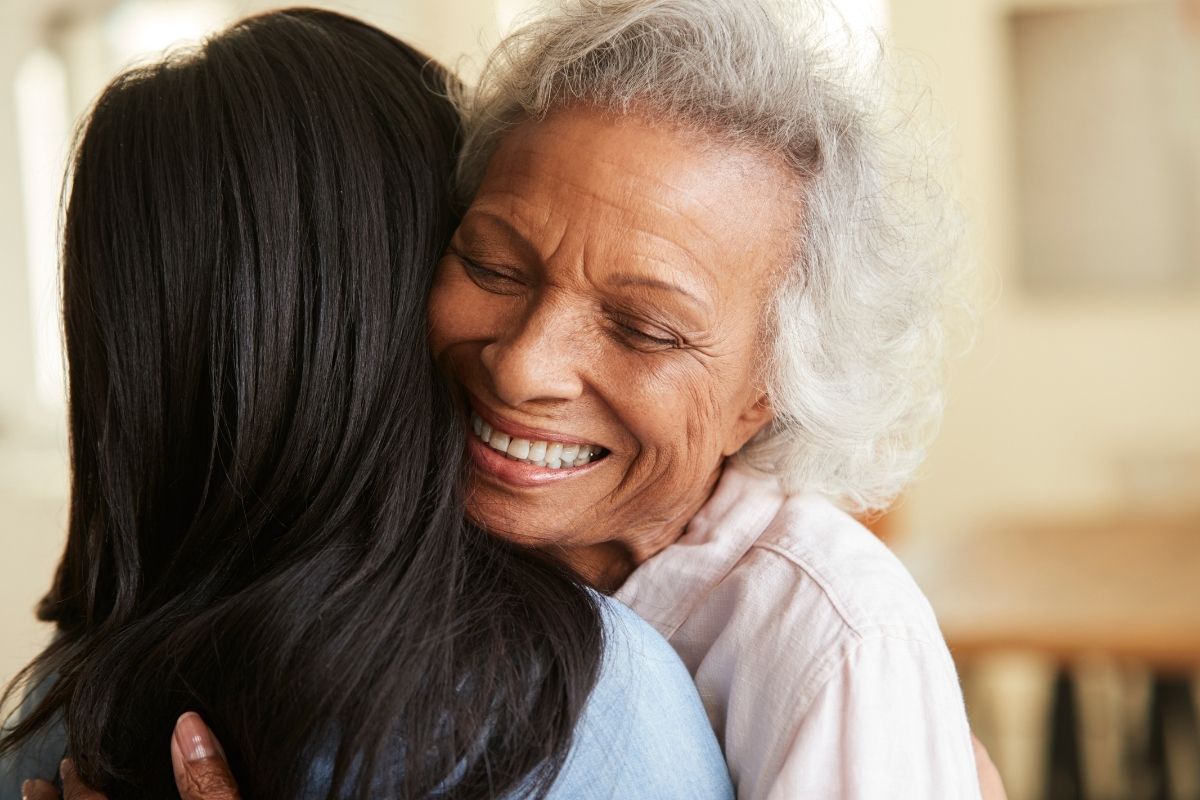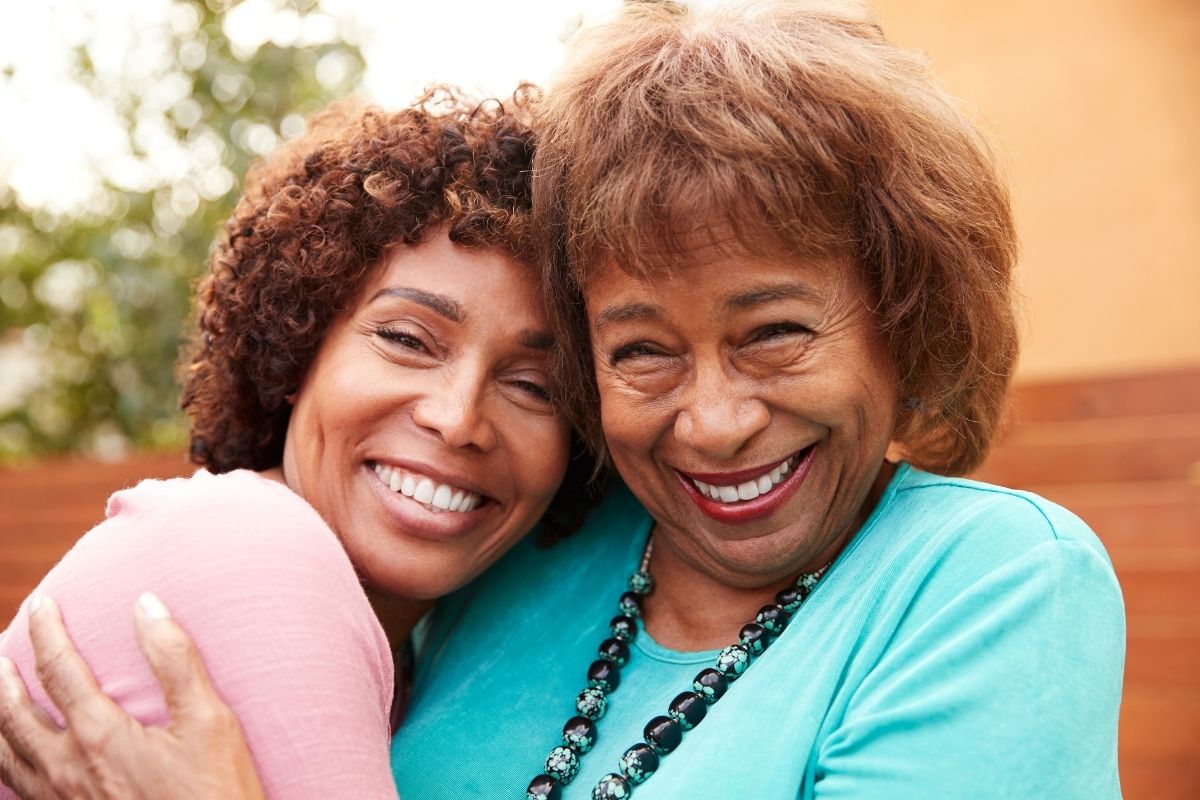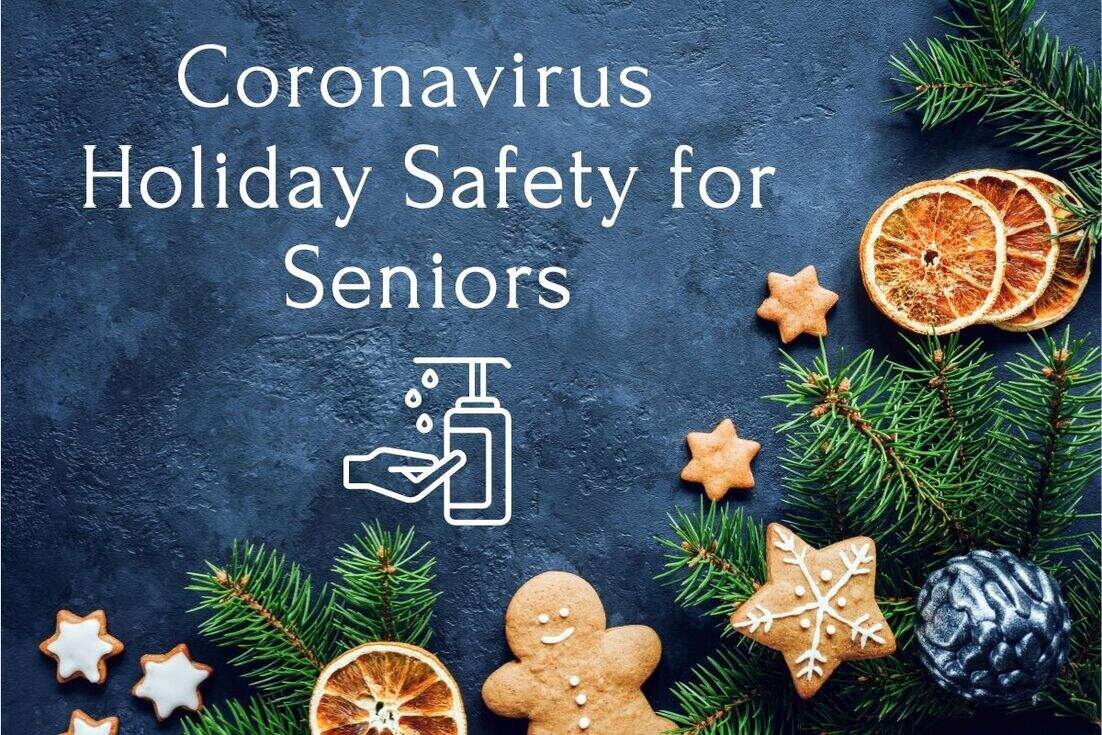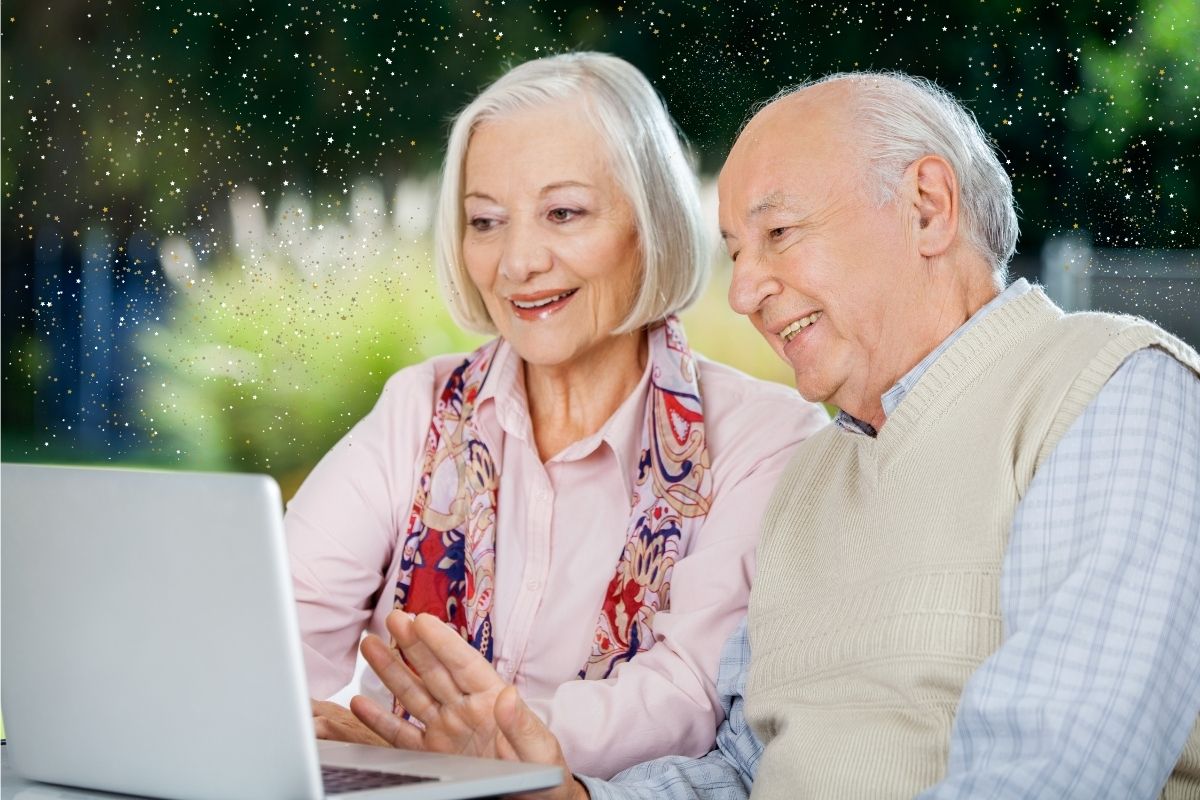Providing another person with care is inherently rewarding in a number of important ways. Being a caregiver gives one a sense of self-worth and an important role to serve within the Philadelphia community. Professional caregivers also benefit in that they are compensated for their hard work. If you enjoy providing others with care and want to make the world a better place for those battling illness or age-related problems, you should give serious consideration to becoming a caregiver with AmeriBest.
Reward #1: Caregiving Provides a Sense of Purpose
Everyone needs a sense of purpose. If you strictly work to provide for yourself, chances are you will feel a bit empty inside. Alternatively, if you were to provide another person, especially a loved one or another aging member of the Philadelphia community with care, you would feel that much more important and useful. This sense of purpose provides you with motivation to remain healthy and capable of helping your loved ones or others in need. Such a sense of purpose is particularly important for those who do not have anyone else to care for and those who want to be more involved with their community.
Reward #2: Improve Another Person’s Quality of Life
Even if you are not particularly talented or lack advanced college degrees, you can make a considerable difference in another person’s quality of life. Simply providing care for another person who is in need of assistance will dramatically improve his or her well-being. In other words, you have the power to single-handedly enhance the life of one or several other people living in the greater Philadelphia area. Doing so is much more rewarding than anything else you could have done with your time and energy.
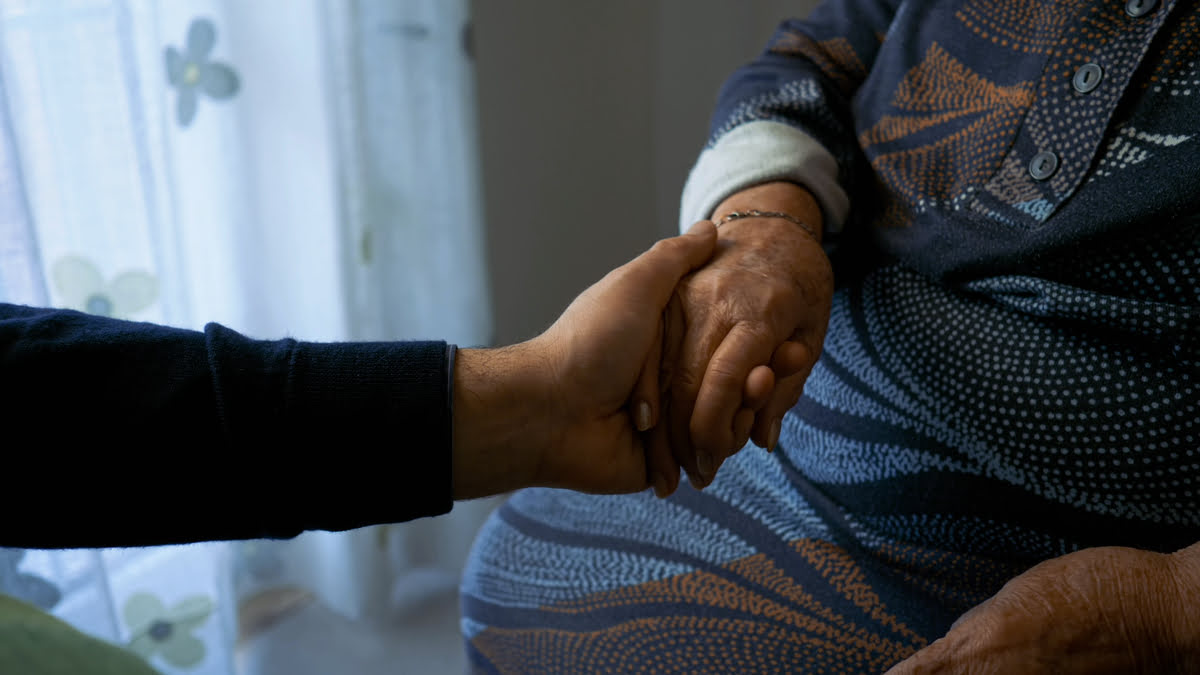
An added bonus is the fact that working as a care provider with AmeriBest provides a financial compensation. We provide caregivers with opportunities for career growth and additional compensation as experience is gained. If you genuinely care for others and would like to earn money for providing individuals throughout Philadelphia with essential assistance, consider a career with AmeriBest.
Reward #3: A Rewarding Friendship
Providing a loved one or another member of the Philadelphia community with assistance strengthens relationships all the more. This is an opportunity to learn about someone else, develop a friendship and make memories. So be sure to cherish every moment you spend with your patients as you will look back on that time quite fondly in the years ahead. Perhaps more important is the fact that the company you provide to your patients will warm their hearts and give them something to look forward to.
AmeriBest is Here to Help
We are proud to provide home care services to individuals throughout the greater Philadelphia area. If you or a loved one need assistance with daily living, let our team help you live with dignity. We are also interested in hiring caregivers. You can contact our Philadelphia-area home care providers at 215-925-3313 or by email at info@ameribest.org to learn more.


